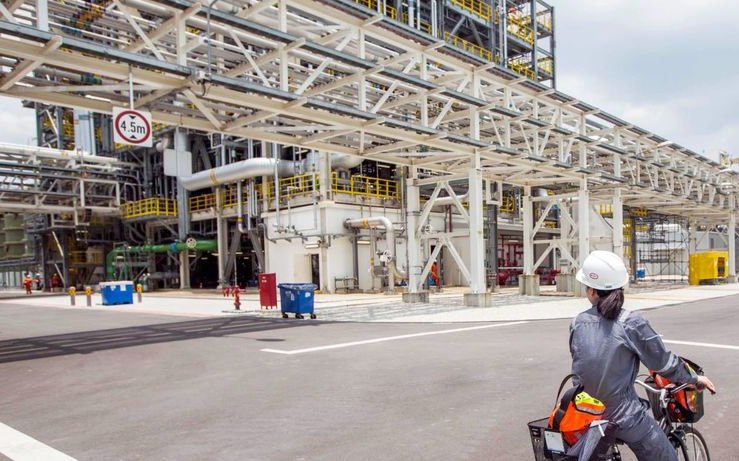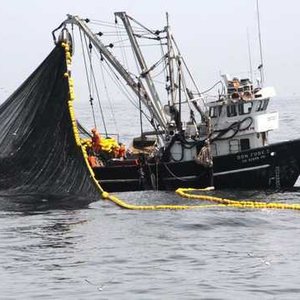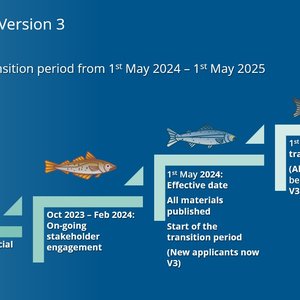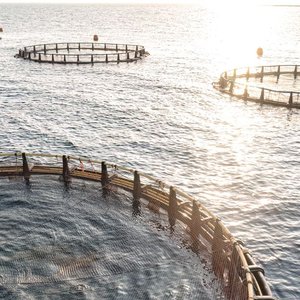Evonik’s MetAMINO® (DL-methionine) production facility upgrade at its Singapore site is progressing on schedule. After a three-month shutdown in the fourth quarter of 2023, MetAMINO® production on Jurong Island is again running at full capacity. A shutdown of the second MetAMINO® production plant will be necessary in Q2/2024.
The modification is part of the implementation of Evonik’s methionine asset strategy to safeguard long-term sustainable global supply security based on its best-in-class production hubs in three parts of the world: Singapore, Mobile (Alabama, USA), and Antwerp (Belgium).
“As the only global methionine provider, we are able to offer our customers worldwide supply security. Beyond that, we constantly seek to raise the sustainability of our production plants,” says Dirk Hoehler, head of the Essential Nutrition business at Evonik’s Animal Nutrition business line. For the ongoing upgrades in Singapore, another shutdown of one plant is needed in the second quarter since the necessary measures cannot be carried out during day-to-day operations.
The upgrade will improve the efficiency of the facility’s processes and reduce the product carbon footprint of MetAMINO® from the plants in Singapore by six percent (Scope 1+2+3).
The reduction of the carbon footprint results from several modifications: the use of green hydrogen, an intensive energy integration, and an innovative solution for improved circularity that recovers MetAMINO® and raw materials. The further reduction of the carbon footprint of MetAMINO® from Singapore also helps Evonik’s customers and partners along the food value chain reach their sustainability goals. Evonik has verified science-based targets to reduce emissions in line with a well-below 2°C warming pathway, and a long-term intention to raise its ambition to reach net-zero emissions by 2050.













